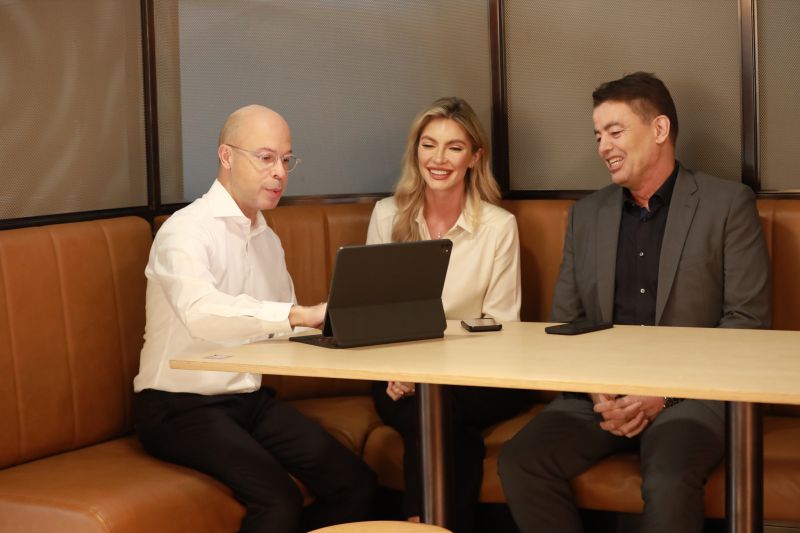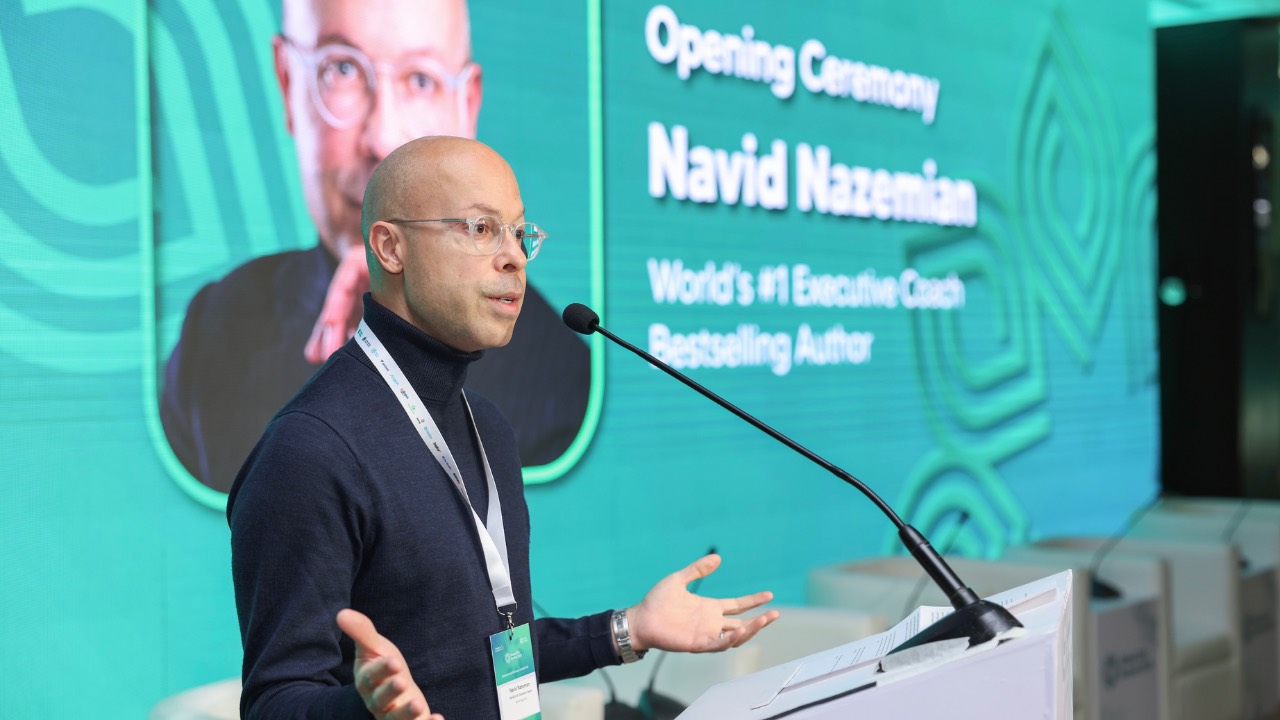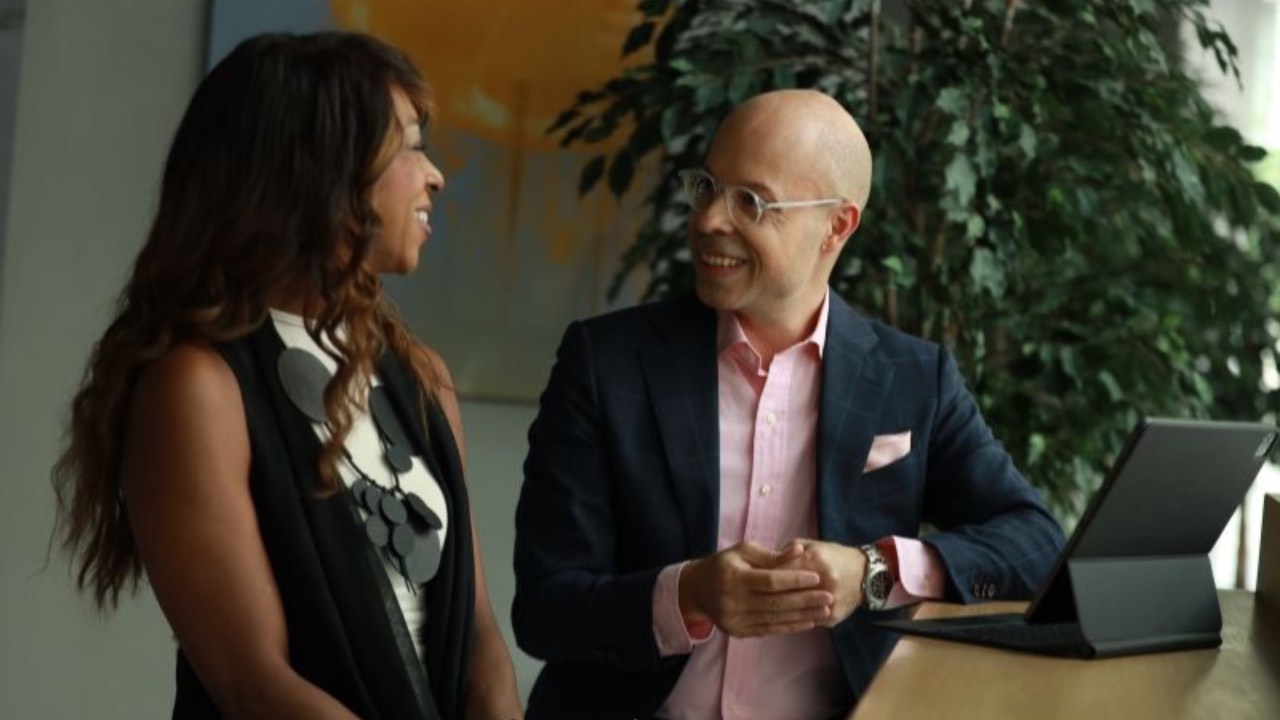|
McKinsey & Company has recently interviewed over 1K employees trying to understand what truly motivates employees for performance. As always, I've summarized the key points for you.
Key insights
1. Consistency is Key
The survey reveals that a consistent & clearly articulated performance management framework is paramount. Employees thrive when they understand the logic behind performance assessments. This means integrating goal setting, performance reviews, feedback, & rewards into a cohesive system. When these elements are well-connected, motivation soars
2. Goal Setting Matters
72% of respondents highlighted the importance of measurable & clearly linked goals. It's not just about setting targets; it's about involving employees in the process and ensuring their goals align with team & company priorities. This collaborative approach fosters a sense of ownership & drives performance
3. The Power of Skilled Managers
Performance reviews are most effective when conducted by capable managers. The survey found that employees are significantly more motivated when their reviews are handled by managers who are well-informed and capable of providing meaningful feedback. Investing in manager training can yield substantial returns in employee motivation & performance
4. Beyond Financial Rewards
While financial incentives are important, nonfinancial rewards play a crucial role in motivating employees too. Opportunities for upskilling, professional development, & greater autonomy can significantly boost motivation. McKinsey & Company's findings align with abundant social science research, emphasizing the value of nonfinancial incentives in creating a motivated workforce
5. Regular Feedback is Essential
Ongoing development discussions outside the formal review cycle are vital. Only 21% of respondents without regular feedback felt motivated, compared to 77% who received continuous feedback. Equipping managers with the right tools to provide regular, constructive feedback can make a significant difference
👉🏼 Talking about performance management at the executive level - The CEO of a luxury retail company was tasked to present a new 3-year strategy and grow the footprint of the retail business substantially. She described our work as follows:
“I want to take this opportunity to express my gratitude for your support and coaching in my development as a CEO. Your coaching has helped me to define a clear vision for our company, develop a strategic plan for my team, and enhance my self-awareness substantially. The coaching has been crucial in my journey to become a more effective leader. Your coaching not only helped me navigate the initial transition challenges but also empowered me to make impactful decisions that align with our long-term goals. I’d like to thank you for your invaluable support.”
|






